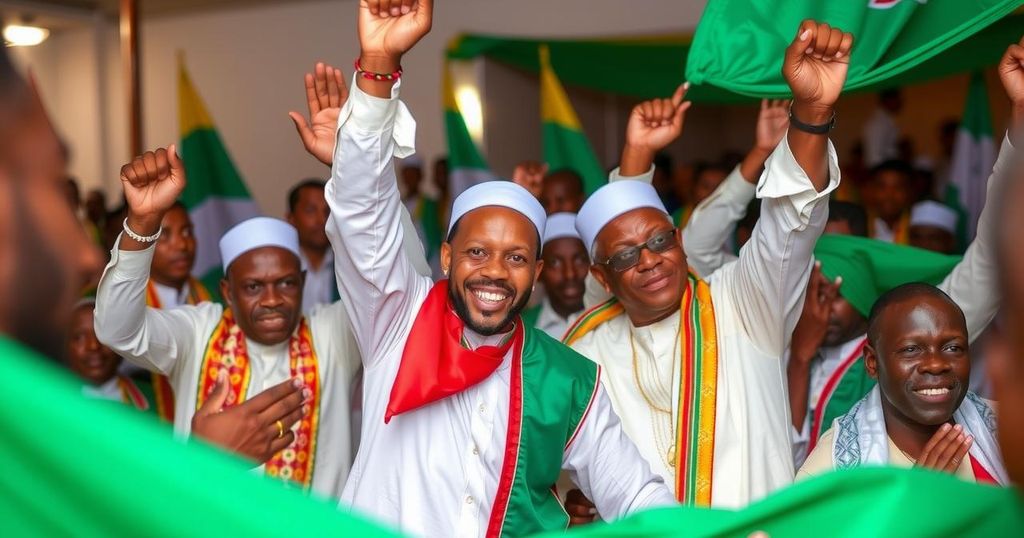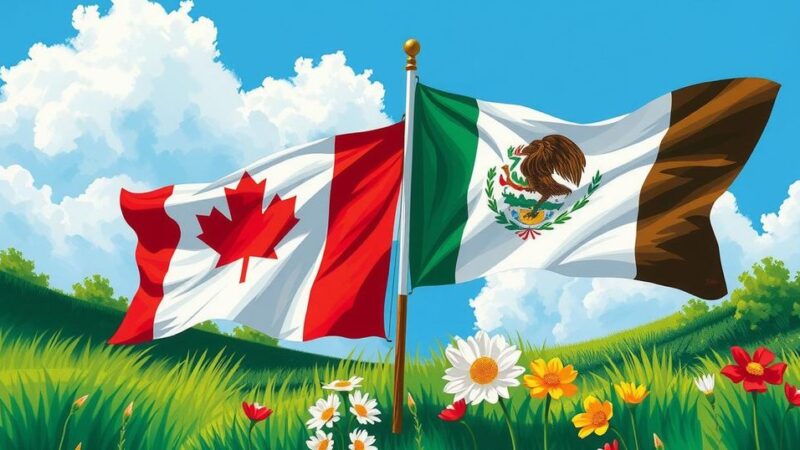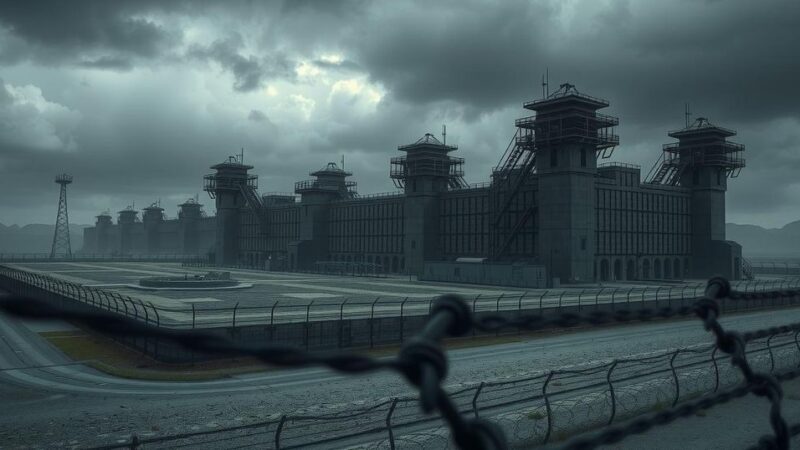Chad’s ruling Patriotic Salvation Movement wins a majority in recent parliamentary elections, despite a boycott from opposition parties who cited lack of transparency. The participation rate stood at 51.56%. The elections are portrayed as pivotal for Chad’s democratic transition. Mahamat Idriss Deby leads after succeeding his father, with notable geopolitical shifts underway as military ties with France are reconsidered.
In the recent parliamentary elections held in Chad, the ruling Patriotic Salvation Movement (MPS), led by President Mahamat Idriss Deby, secured a majority by winning 124 out of the 188 available seats in the National Assembly. The elections, however, were boycotted by several opposition parties, including Succes Masra’s Transformers party, which raised concerns about transparency and fairness. Despite these allegations, the government has framed the elections as a significant step toward democratic transition. The participation rate was reportedly 51.56%, and the National Elections Management Agency indicated that 38 different political groups would now have representation in the assembly. However, the exact distribution of seats among non-MPS parties remains uncertain.
Chad has experienced political upheaval since the death of former President Idriss Deby Itno in 2021, when Mahamat Idriss Deby assumed leadership, declaring himself interim president. This transition was marked by significant political turmoil and resistance from various opposition factions. The ruling party’s recent electoral success, amid boycotts and allegations of election irregularities, underscores the contentious political climate in Chad. Additionally, Deby’s government has shown a willingness to sever longstanding military ties with France, mirroring similar actions taken by other nations in the region.
The recent parliamentary elections in Chad have drawn attention to the contentious political atmosphere, with the ruling MPS party winning a majority amidst significant opposition boycotts and allegations of electoral fraud. As President Mahamat Idriss Deby claims these elections signal a move toward democratic governance, the reality reflects a complex struggle for power and legitimacy in a post-conflict Chad. The implications of this political maneuvering, coupled with a shift away from traditional allies, signify a pivotal moment in Chadian politics.
Original Source: www.dw.com






